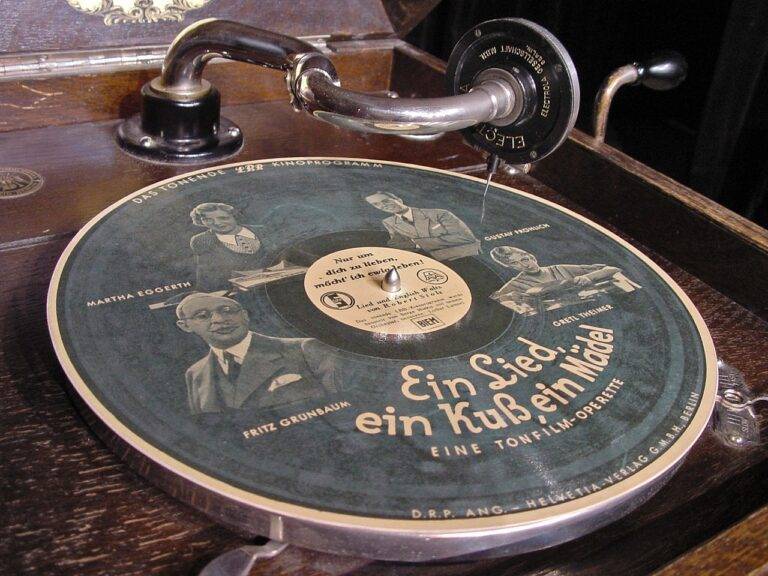The Future of Quantum Cryptography in Healthcare Records Security
Quantum cryptography, a cutting-edge technology in the field of cybersecurity, leverages the principles of quantum mechanics to secure data communication. Traditional cryptographic methods rely on complex algorithms, whereas quantum cryptography uses the fundamental properties of quantum physics to ensure the confidentiality and integrity of transmitted information. By encoding data into quantum states, such as photons, it enables the detection of any unauthorized interception or eavesdropping attempts.
One of the key advantages of quantum cryptography lies in its ability to provide unconditional security through the laws of quantum mechanics. Unlike classical encryption techniques, which can be vulnerable to advances in computing power, quantum cryptography offers a level of security that is theoretically impossible to breach. This unparalleled level of security makes it particularly well-suited for protecting sensitive data, such as classified government information, financial transactions, and personal health records.
Applications of Quantum Cryptography in Healthcare
Quantum cryptography has emerged as a cutting-edge technology with promising applications in healthcare. One key area where quantum cryptography can revolutionize healthcare is in securing sensitive patient data. By harnessing the principles of quantum mechanics, healthcare providers can ensure that patient records are encrypted in a manner that is virtually unhackable using traditional methods.
Furthermore, the use of quantum cryptography in healthcare can safeguard the integrity of medical devices and equipment. As healthcare facilities increasingly rely on interconnected devices and networks to deliver care, the risk of cyberattacks targeting these systems has also grown. Quantum cryptography offers a robust defense mechanism against such threats, ensuring that critical medical equipment remains secure and operational at all times.
Current Challenges in Healthcare Records Security
Healthcare records security faces numerous challenges in today’s digital landscape. One of the primary concerns is the vulnerability of traditional encryption methods to increasingly sophisticated cyber threats. Hackers are constantly developing new techniques to penetrate systems and access sensitive patient information, highlighting the urgent need for more robust security measures in healthcare organizations.
Moreover, the sheer volume of data generated by healthcare institutions poses a significant challenge in terms of securing and managing patient records. As electronic health records become the standard in medical practice, ensuring the confidentiality and integrity of these vast datasets is becoming increasingly complex. Healthcare providers must navigate the intricate balance between accessibility for authorized personnel and safeguarding against unauthorized access to patient information.





